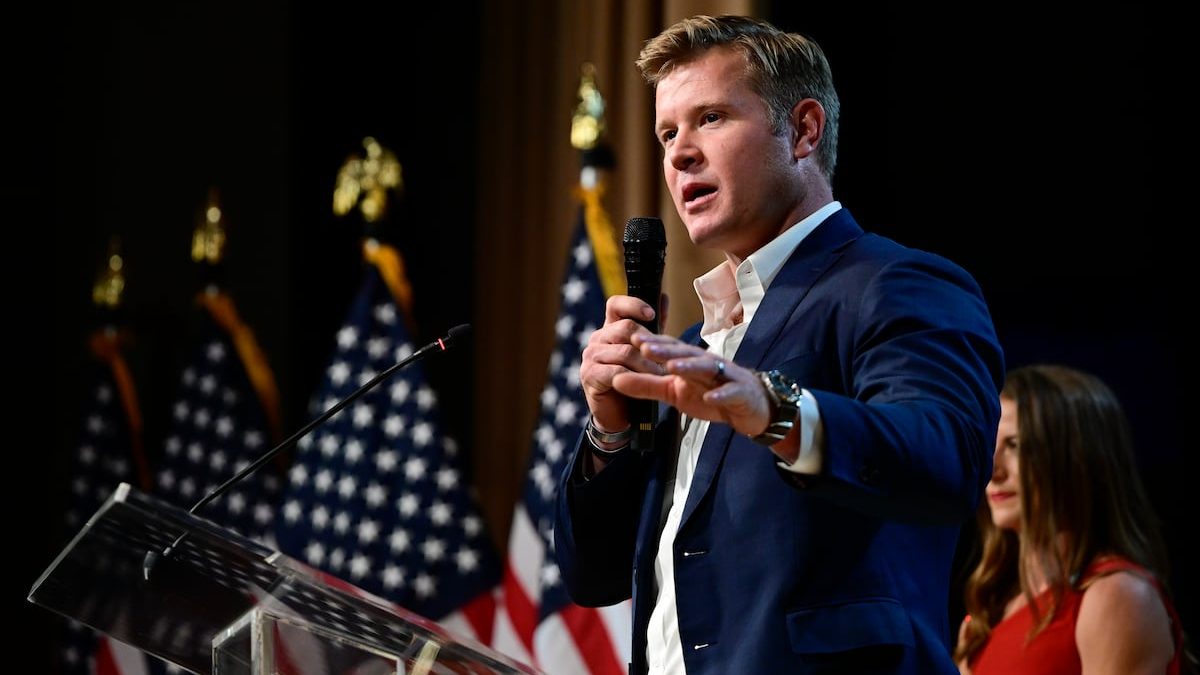Congress will open next year with 100 members who have prior military experience, three more than last session and the largest total of veteran lawmakers on Capitol Hill in eight years.
But it won’t stay that way for long.
That’s because two of next session’s veterans — Ohio Republican Sen. JD Vance and Florida Republican Rep. Michael Waltz — are expected to step down shortly after opening procedures to take other roles in government. Vance was elected vice president in last November’s election, and Waltz was tapped by President-elect Donald Trump to be his national security adviser.
Even with those subtractions, the one-member increase in veterans from Congress’ 118th session to 119th session is a surprise, given a 5% drop in veteran candidates who won primaries this year.
RELATED
In 2022, 196 candidates with major party backing were on the November ballot. This year, that total was only 188.
Seth Lynn, founder of Veterans Campaign, said the increase is significant for two reasons. First, he said it shows a shift in political power from older generations of veterans to the post-9/11 generation.
Thirty-two of the veterans started their military careers after Jan. 1, 2000, while 37 others spent at least part of their time in the military after that date.
The second reason focuses on how voters view veteran candidates now.
“Fifty years ago, Vietnam veterans were significantly less likely to be elected to Congress compared to their civilian peers,” Lynn said. “Although there is still room for improvement, this underscores a remarkable turnaround in the relationship between America and its veterans.”
After Vance and Waltz depart, the 98 remaining veterans in Congress will include 19 Senate members and 79 House lawmakers.
Two new senators — Arizona Democrat Ruben Gallego and Indiana Republican Jim Banks — are currently serving in the House. Fourteen other non-incumbents won their election bids.
Next year’s Congress will feature the largest total of women veterans ever, with nine. Iowa Republican Rep. Mariannette Miller-Meeks, who served in the Army for 24 years, was declared the winner in her re-election bid only last week, adding to that group.
Twenty-six of the veterans in the next Congress are Democrats, while 72 are Republicans.
A full list of the veterans who won races this cycle is available at this link.
Leo covers Congress, Veterans Affairs and the White House for Military Times. He has covered Washington, D.C. since 2004, focusing on military personnel and veterans policies. His work has earned numerous honors, including a 2009 Polk award, a 2010 National Headliner Award, the IAVA Leadership in Journalism award and the VFW News Media award.
Read the full article here


